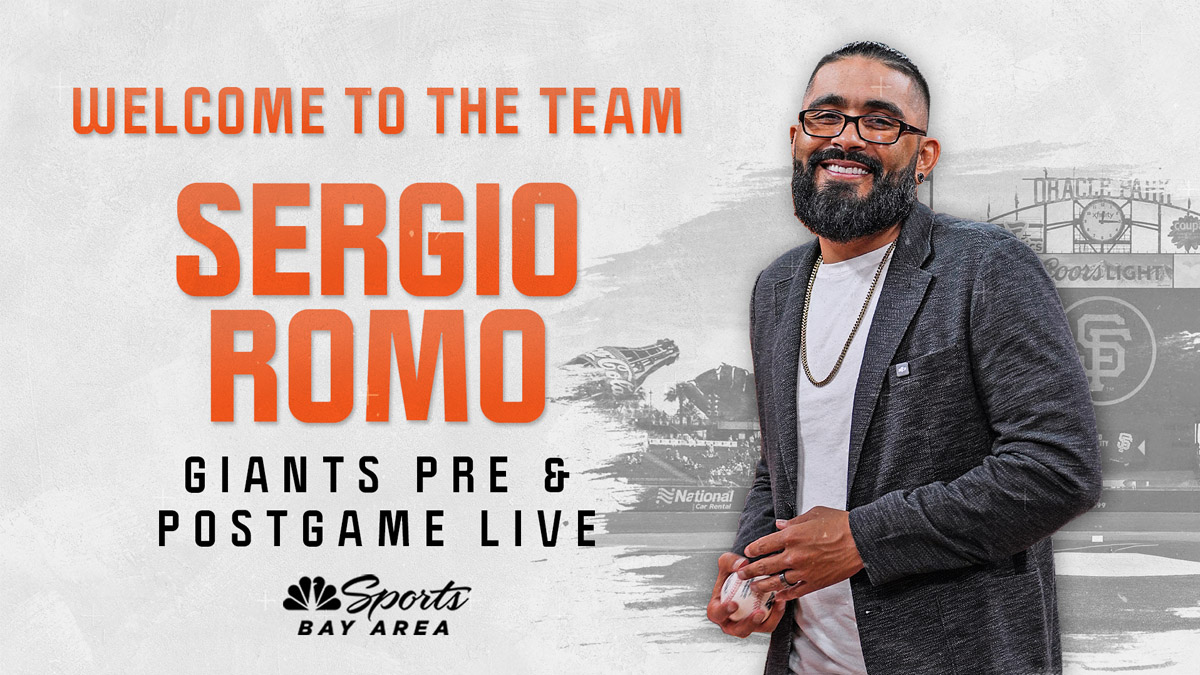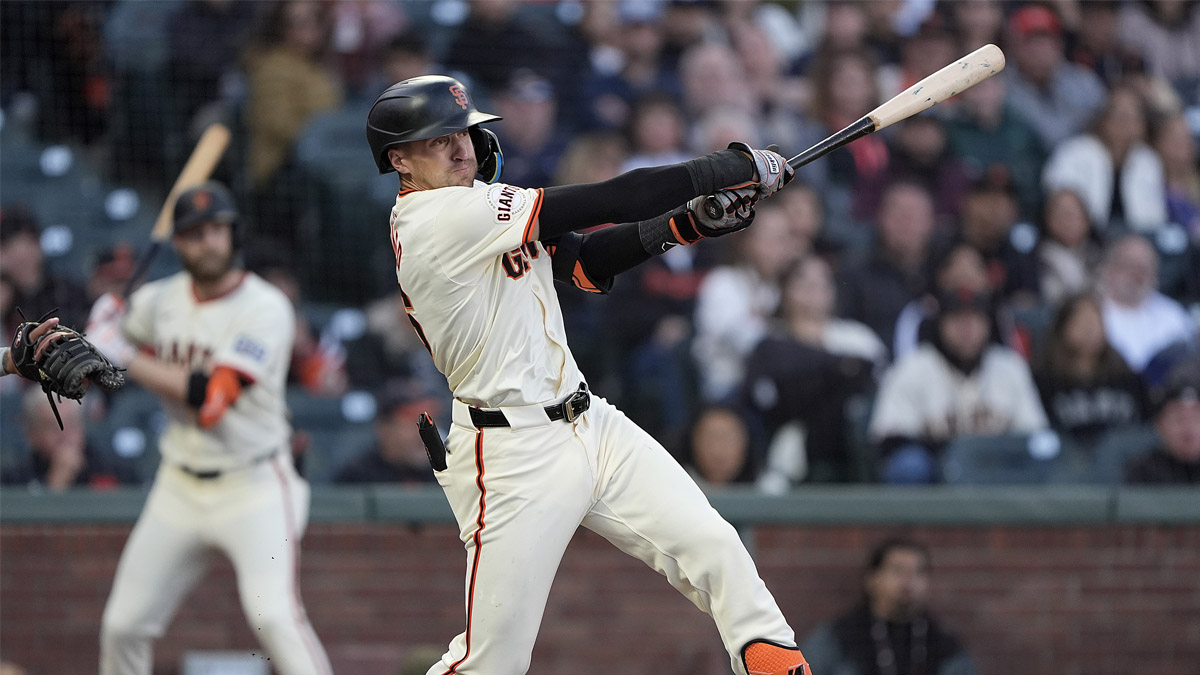Doug Wilson has been running the San Jose Sharks for 15 years, and by most applications has done exceedingly well -- unless, of course, missing the playoffs once in those 15 years and missing the Stanley Cup all 15 times can be defined as failure.
Wilson's M.O. in that time has been stability. He has hired three coaches -- Ron Wilson, Todd McLellan and Peter DeBoer -- and fired only the first two. The core of the team -- Joe Thornton, Joe Pavelski, Marc-Edouard Vlasic, Brent Burns and Logan Couture -- has been together for eight years.
So, the fringes often have changed, but the Sharks you saw when the decade began is largely the Sharks you see today. In Wilson's 15 years, there has been one Stanley Cup Final appearance and four Western Conference Finals.
But in a decade in which the Warriors and Giants have tripled up on civic parades and the 49ers narrowly missed one of their own, the streets of San Jose remain maddening open to vehicular and ambulatory traffic.
Which brings us both to now, and to 15 years ago, because Wilson's two most important acts during that span were huge trades with vulnerable general managers who were in a mood to sell quality goods at distressed prices. It's how he acquired Thornton, lifting him from the troubled Boston Bruins and their general manager, Mike O'Connell, at a very reasonable cost, and how he has book-ended that deal with the trade for Erik Karlsson, in which he throttled Ottawa Senators general manager Pierre Dorion under similar circumstances.
Both times, Cup expectations soared, and the first time, they went decidedly unmet. The 2004 Sharks team that reached the Western Conference finals got Thornton the next year but didn't reach another third round until 2010 when it was swept by eventual Cup winners the Chicago Blackhawks, and a year later, lost in five lopsided games to the Vancouver Canucks. That was San Jose's peak, followed by a gradual but noticeable decline, its collective reputation as a playoff short-timer well established from Anaheim to Montreal, from Edmonton to Miami.
Sports
This time, with Karlsson, the Sharks are back in a familiar place, strapped to a time bomb of Cup expectations, only this time the fuse is a lot shorter and will burn a lot faster, because that core we mentioned is significantly older and has more dents and scrapes on the bodywork.
This is, as we've said before, Wilson's push-in move. Nobody in their right mind declares a prohibitive Cup favorite these days because too many weird things can and do happen (please show me your Capitals-Golden Knights parlay ticket from last October if you feel differently), but the Sharks very definitely are first among equals.
So the test before them this season isn't necessarily how Karlsson will adapt to a more stable and less stressful environment (I mean, who misses instability and stress?), but how the rest of the team will handle a greater level of expectation-driven stress. The Sharks haven't been considered a genuine October-to-June Cup contender since those halcyon days of the early teens. Even their one Cup Final in 2016 came as a surprise to most folks until they survived a better-on-paper Nashville Predators team in the second round.
Not this time, though. This roster might be the most stacked Sharks lineup in club history. Training camp largely was designed to determine who would replace Chris Tierney as the third-line center (hint: It's Finn Antti Suomela).
The deal to acquire Evander Kane rejuvenated an offense that was beginning to lose a bit of pace compared to the Vegases and Winnipegs and Nashvilles atop the conference stack. The emergences of Timo Meier, Tomas Hertl and Joonas Donskoi have alleviated some of the suggested age issues with Thornton, Pavelski and Couture. The back line has three of the top eight defensemen in the game, suggesting only that Wilson lacked the fortitude to trade for Victor Hedman, Drew Doughty and P.K. Subban. Martin Jones has been a solid second-tier goaltender, but he's expected to improve even if only by the osmosis of the talent in front him.
This, then, is the first Sharks team with real cross-continental buzz from more than the true believers. This is the team that, more than any of the others in team history, had better have a hell of a good explanation for not reaching the conference final, and a pretty good story for not getting past that level.
And yes, that goes for Doug Wilson, as well as the Sharks' roster and coaches. Wilson's legacy as a trader now has been sealed with the bookending of Thornton and Karlsson, but general managers and teams aren't remembered for their trades, but for the results those trades produce. There's the other thing that has to be obtained, and it weighs heavier in San Jose right now than anywhere else.



